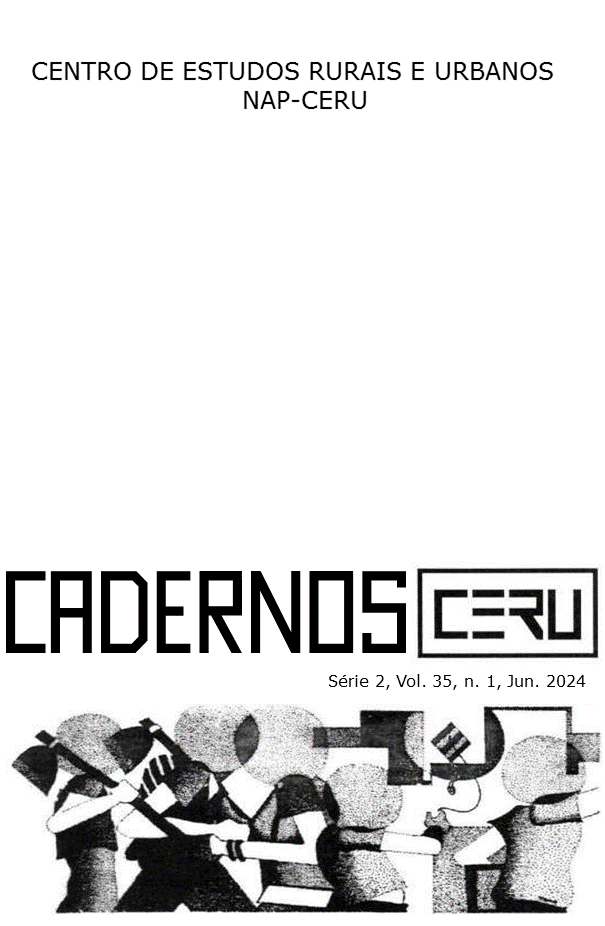Cozinha étnica, a cozinha de afeto como patrimônio cultural imaterial
DOI:
https://doi.org/10.11606/issn.2595-2536.v35i1p106-118Keywords:
ethnic cuisine, memory , identity , immigrantAbstract
This article aims to understand, through cultural analysis, the implicit values of a group, such as the eating habits and customs embedded in the memory of immigrants. Thanks to cultural studies, a new history was presented, later called micro history, which rejects the dichotomous view of popular culture versus high culture and addresses everyday life, the way of life and the culture of anonymous people. The cultural traits of a social group are expressed in different ways: in the arts, gastronomy, theater, dance, music, customs, festivals, and representations. One of the most striking memories of human beings, especially of (in)migrants, refers to their diet, which contains cultural traits that reveal not only their place of origin, but also the habits introduced in their childhood home, the so-called affection kitchen. For the simple fact that it is portable, the food accompanies them even when they leave their country, and it makes them favor the flavors of dishes from their place of origin. The so-called ethnic cuisine or gastronomy is a factor of identity, considered an intangible cultural heritage.
Downloads
Downloads
Published
Issue
Section
License

This work is licensed under a Creative Commons Attribution-NonCommercial-ShareAlike 4.0 International License.


